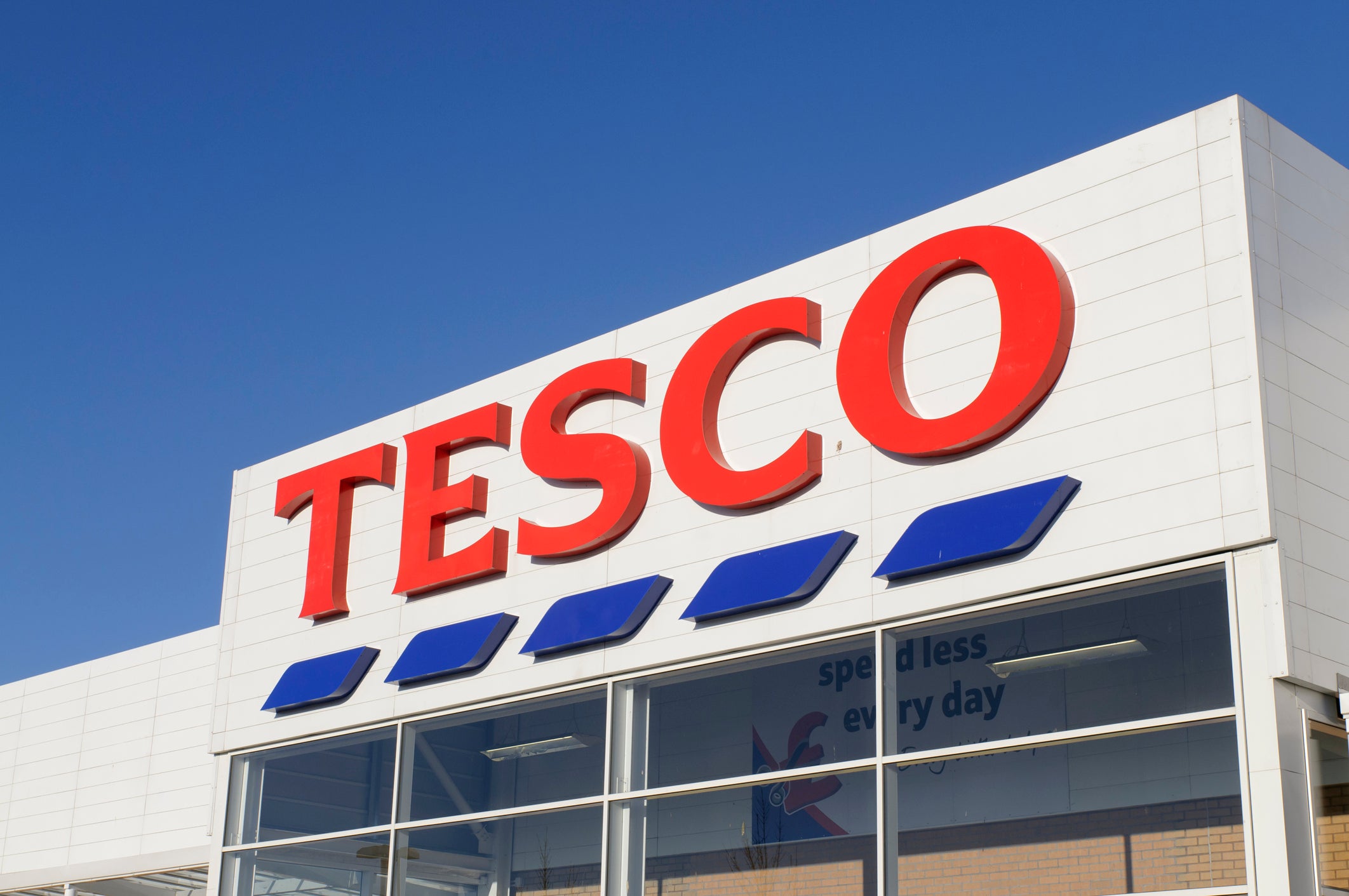Could Tesco’s digital sales tax save the high street?
Such a tax could level the playing field but stopping the retail apocalypse in its tracks will need more action, writes James Moore


Tesco could hardly have better timed the release of its idea of a digital sales tax to help level the high street’s playing field versus its online rivals.
The grocer’s proposal emerged on the day that another 2,450 job losses were announced as online specialist BooHoo bought Dorothy Perkins, Wallis and Burton from the administrators of Sir Philip Green’s failed Arcadia empire.
BooHoo, an online specialist, wanted the brands, not the stores. The same was true of its recent purchase of Debenhams and of the acquisition of Topshop, which had been the jewel in Arcadia’s high street crown, and associated brands by its fast fashion rival Asos.
The consequent job losses added a truck full of firewood to the high street’s funeral pyre. Thousands of jobs have already gone up in smoke and there is every expectation that there will be more to come.
For chancellor Rishi Sunak and his cabinet colleagues, the spectre of the hubs of Britain’s forgotten towns, dominated by boarded-up shopfronts, playing a starring role in the party political broadcasts of the Tories’ opponents, looms large.
The retail apocalypse isn’t simply a business issue. It’s a social issue too. Against that backdrop, Tesco’s idea is seductive.
Under its plan, the money raised would fund a 20 per cent cut in business rates, a longtime bugbear of traditional retailers because they pay a lot more than their online rivals which can site their warehouses (the big ones) and lockups (the small fry) in places where property values are low.
The grocer also argues that its plan would be “revenue neutral” which is welcome news for a cash strapped exchequer.
That’s not to say that Tesco’s plan doesn’t have issues. Applied across the board as envisaged, it would be levied on food. Tesco is, I understand, aware of that fact.
Were the chancellor to adopt something like it, it doesn't necessarily follow that you would see online prices rising at Tesco, Morrisons or Asda because they’d all benefit from the lower business rates, although Ocado’s boss Tim Steiner probably spat out his cornflakes when he learned of the idea.
Tesco would actually be a bigger payer of the proposed new levy than Ocado would, because of its market-leading online business. But it has been open about the fact that it would still be a net gainer through the corresponding reduction in business rates.
The idea of a digital tax on sales of food could nonetheless pose some political challenges. The opposition has previously made claims about the Tories wanting to put VAT on food. This could be a way for it to resurrect that old chestnut.
Sunak is nonetheless said to be mulling over the idea, as well he might given the brutal kicking many traditional retailers have taken through their enforced closure, not to mention the enormous profits generated by the likes of Amazon and the annual controversy that the latter’s pitiful corporation tax payment generates.
It has a lot to recommend it from the perspective of levelling the playing field. But its potential for reviving, or at least slowing the decline, when it comes to traditional retailers is rather harder to see.
Once established, the online habit is hard to break. This isn’t just a question of price. It is as much one of convenience. Why trek into town when you can have your goods delivered to your door while you do something else?
It’s going to take more than simply tweaking business taxes to prevent pictures of town centres with tumbleweed blowing through their blighted streets confronting Tory strategists the next time Britons are called upon to vote.
Join our commenting forum
Join thought-provoking conversations, follow other Independent readers and see their replies
Comments


Bookmark popover
Removed from bookmarks